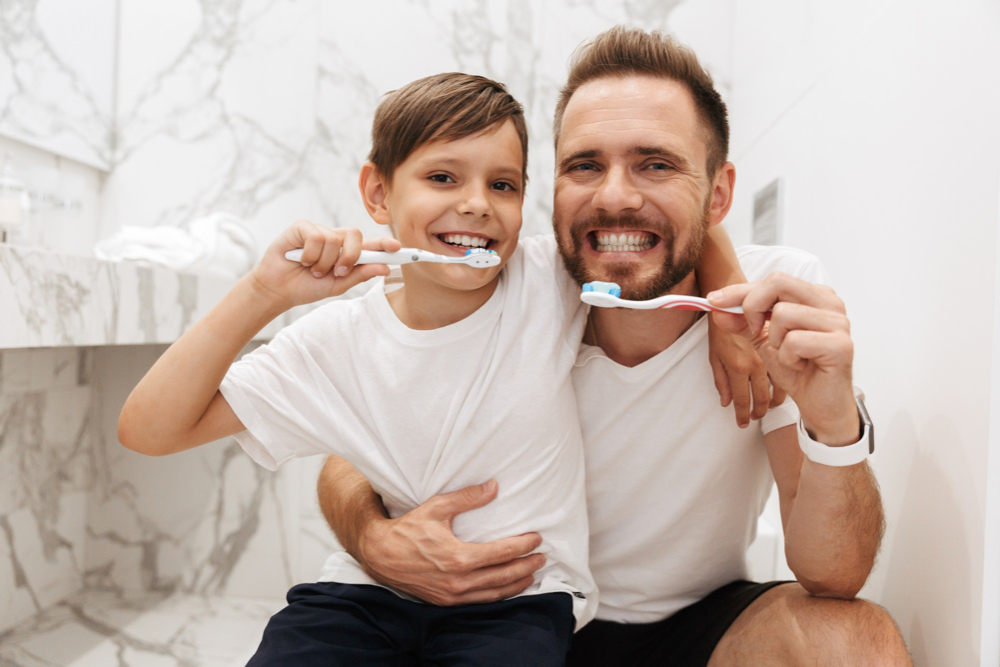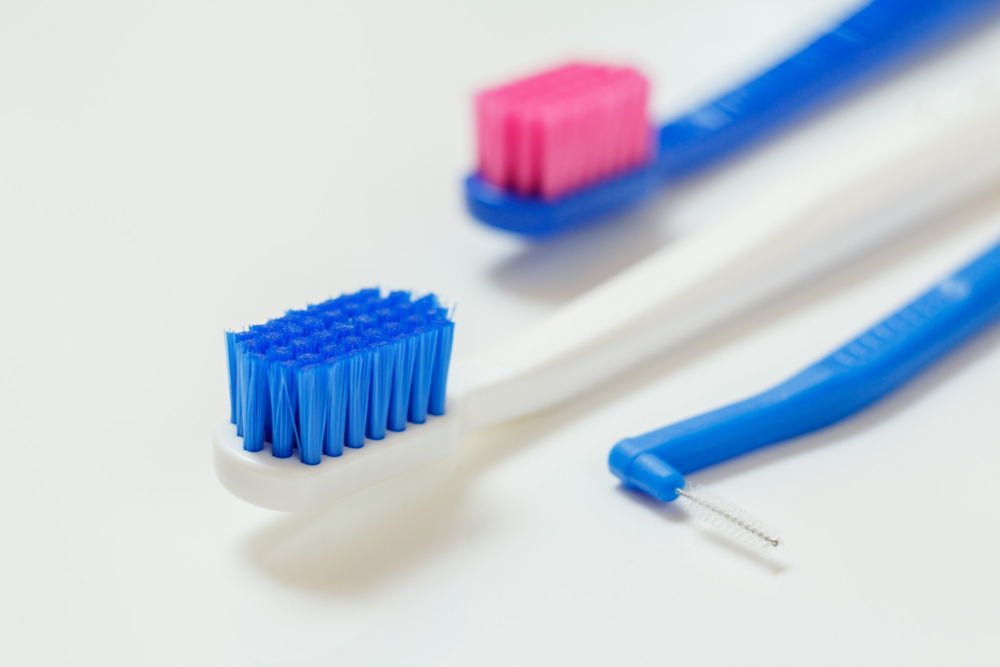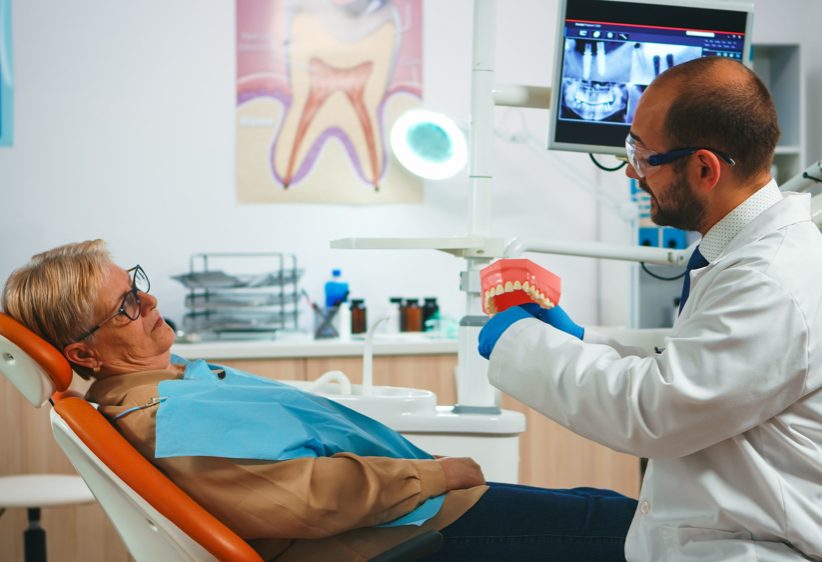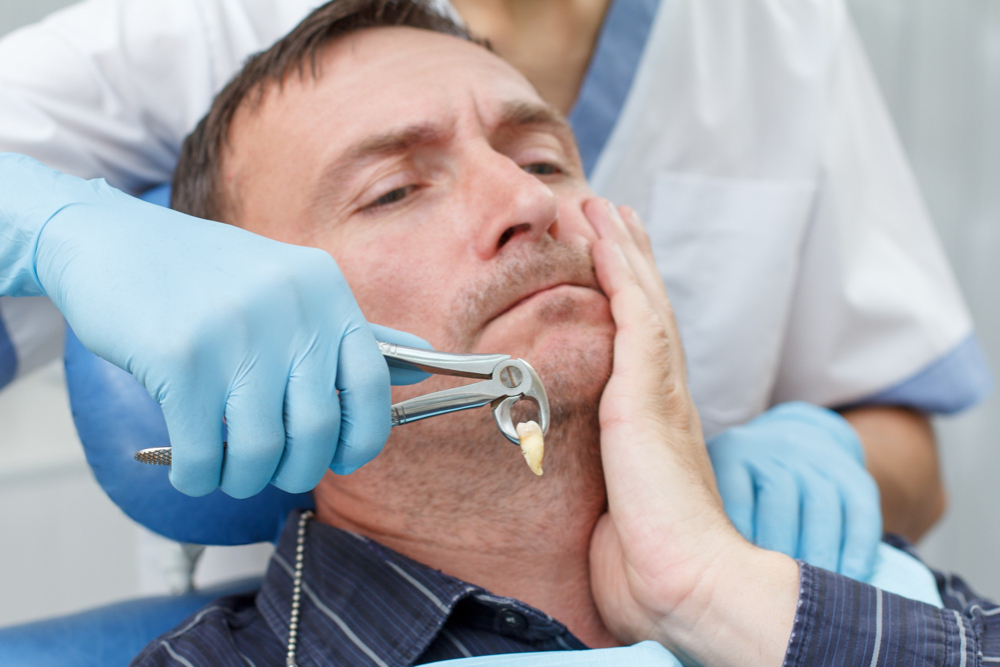Many have become obsessed with the smiles of Hollywood celebrities, and that's not surprising. The…

4 essential things about teeth brushing you had no idea about
Although tooth brushing is one of the activities we all think we know everything about, now and then, new information will come your way that will completely blow your mind. For many people, the below four tips are often precisely that. They are entirely logical and make total sense, but you’d never consider those in your day-to-day life.
You should floss before you brush
The reason we floss is to remove food stuck between the teeth where the toothbrush would struggle to reach – we all know that. But why floss before you brush? Once you start brushing, the bristled will get only parts of the spots between your teeth and, in some cases, push the stuck remaining food particles out of the way. But in other cases, the bristles might end up forcing food below the gumline. Any bacteria which falls there can end up causing an infection and, in the long run, gum recess and potentially even gum loss.
If you floss before you brush, however, you remove the excess of food from in between your teeth, and your oral hygiene process is the most effective it can be.
Don’t rinse your mouth after brushing
Few people know that toothpaste plays almost no part at all during toothbrushing, aside from bringing a nice fresh flavour in your mouth. If you have a good toothbrush, theoretically, you could ditch it altogether. Toothpaste, however, is useful when left on your teeth for longer. Fluoride, for example, help strengthen and whiten your teeth, but it will do nothing for the few minutes of brushing. The same is true for ingredients that help with tooth sensitivity. To support these ingredients, do their job, spit the excess toothpaste when you’re done brushing and leave the rest to work overnight (or for the few minutes between brushing and consuming large amounts of coffee :) )
And when do you use mouthwash? Right after flossing – it will help take the food particles you’ve managed to remove out of the way and prepare your mouth for the magical long-term effect of toothpaste.

Intermediate toothbrushes – use them
Flossing may be great and help a lot, but nothing compares to the beautiful effect of intermediate brushes, commonly known as tepe brushes. Just ask anyone undergoing orthodontic treatment and has discovered them – they help remove stains like nothing else does.
Intermediate brushes come in different sizes, and if you’re serious about using them, you will probably end up utilising few different diameters. To be efficient, they need to fit in tightly between your teeth with almost no wiggle room. Start your oral hygiene with intermediate toothbrushes for a few days and thank us later – within only a week, you’ll get rid of most of the stains that taint your smile.
Why you should floss twice a day
Although it may be tempting only to floss once a day, proper oral hygiene requires otherwise. See, small food particles, particularly those of starchy food, tend to find hiding spots in the mouth. These particles will often show up during the night and stick to your teeth. And while brushing in the morning will help you get rid of those on the front and back surface of your teeth, only flossing will help you get rid of those on the side surfaces.
So, let’s sum it up! Begin your oral hygiene routine with intermediate brushes and flossing. Use mouthwash right after that. Then carry on to brushing (no less than 2 minutes), after which you spit the extra toothpaste without rinsing your mouth. This entire procedure will take approximately 5-6 minutes of your day and will award you with beautiful and healthy teeth and gums!


